

2019-01-11 10:33:00 Fri ET
stock market gold oil stock return s&p 500 asset market stabilization asset price fluctuations stocks bonds currencies commodities funds term spreads credit spreads fair value spreads asset investments
The Economist Intelligence Unit (EIU) continues to track major business risks in light of volatile stock markets, elections, and geopolitics. EIU monitors geopolitical uncertainty and market-and-credit risks in 180 countries. At the global level, EIU outlines several persistent business risks. These risks include the Sino-U.S. trade war, oil supply shrinkage, and financial contagion from Turkey and Argentina. As the Sino-U.S. trade talks take place at the deputy secretary level, key stock market indices from Dow Jones to NASDAQ and S&P500 demonstrate hefty gains of 3%-5% in early-January 2019. Stock market investors hope these deputy dialogues to reach some form of compromise for better Sino-U.S. trade war resolution. Also, oil prices are likely to surge when OPEC countries cut their current oil supply. This oil price hike can cause inflationary concerns in most OECD countries.
Several emerging-economies may suffer near-term stock market gyrations due to oil supply contraction and financial contagion from Turkey and Argentina. The EIU report sheds fresh light on the biggest business risks in early-January 2019: Trump economic sanctions on Iran, social unrest in in Nicaragua, and corruption and tax policy uncertainty in Lithuania. In comparison, Nepal and Egypt receive lower risk scores due to political stability, macroeconomic momentum, and gradual currency devaluation.
If any of our AYA Analytica financial health memos (FHM), blog posts, ebooks, newsletters, and notifications etc, or any other form of online content curation, involves potential copyright concerns, please feel free to contact us at service@ayafintech.network so that we can remove relevant content in response to any such request within a reasonable time frame.
2018-03-15 07:41:00 Thursday ET
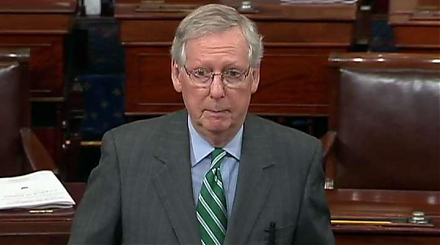
The Trump administration's $1.5 trillion hefty tax cuts and $1 trillion infrastructure expenditures may speed up the Federal Reserve interest rate hike
2020-11-01 11:21:00 Sunday ET
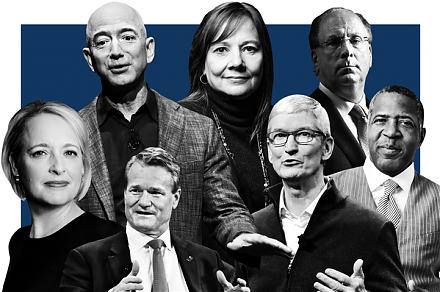
Artificial intelligence continues to push boundaries for several tech titans to sustain their central disruptive innovations, competitive moats, and first-m
2019-11-06 12:29:00 Wednesday ET
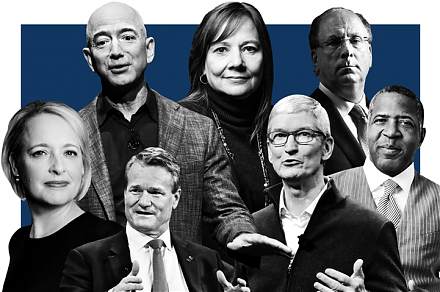
Our fintech finbuzz analytic report shines fresh light on the fundamental prospects of U.S. tech titans Facebook, Apple, Microsoft, Google, and Amazon (F.A.
2018-10-21 14:40:00 Sunday ET
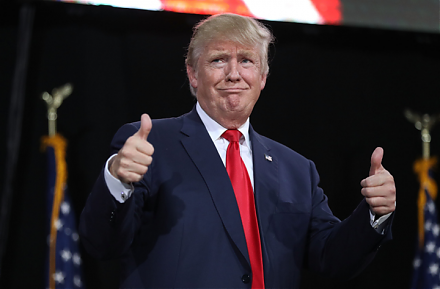
President Trump floats generous 10% tax cuts for the U.S. middle class ahead of the November 2018 mid-term elections. Republican senators, congressmen, and
2019-05-15 12:32:00 Wednesday ET
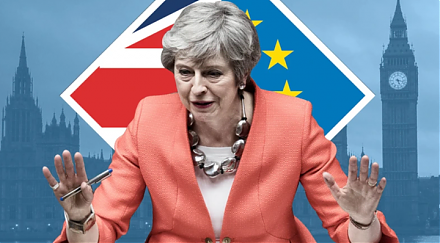
The May administration needs to seek a fresh fallback option for Halloween Brexit. After the House of Commons rejects Brexit proposals from the May administ
2020-06-17 09:23:00 Wednesday ET
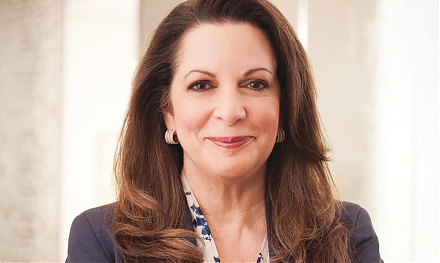
Successful founders focus on their continuous growth, passion, perseverance, and the collective wisdom of most team members. William Ferguson (2013) &